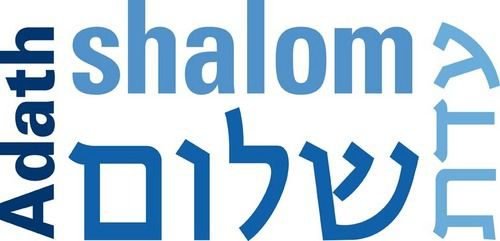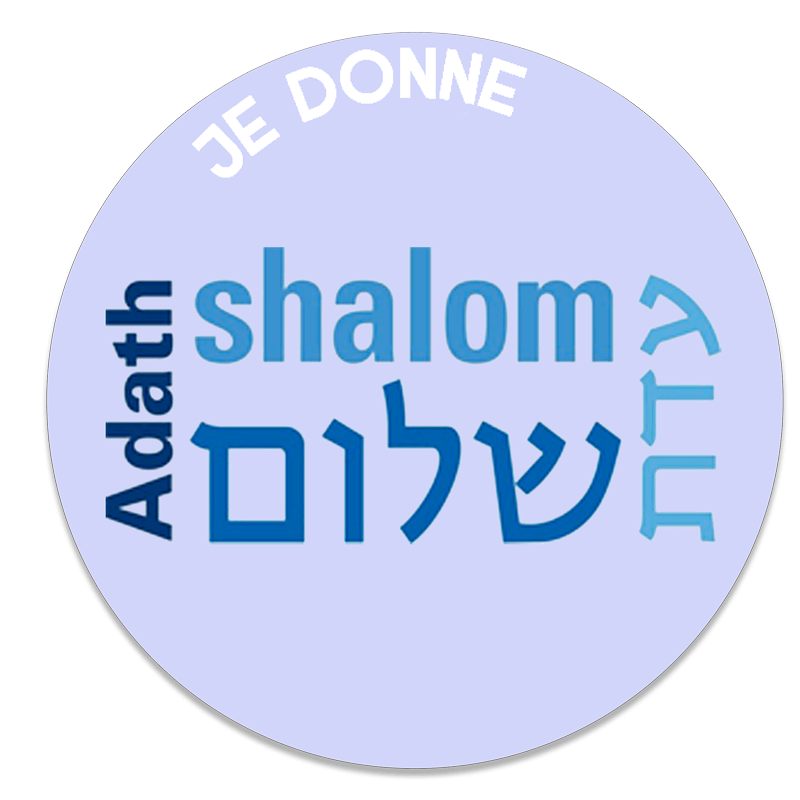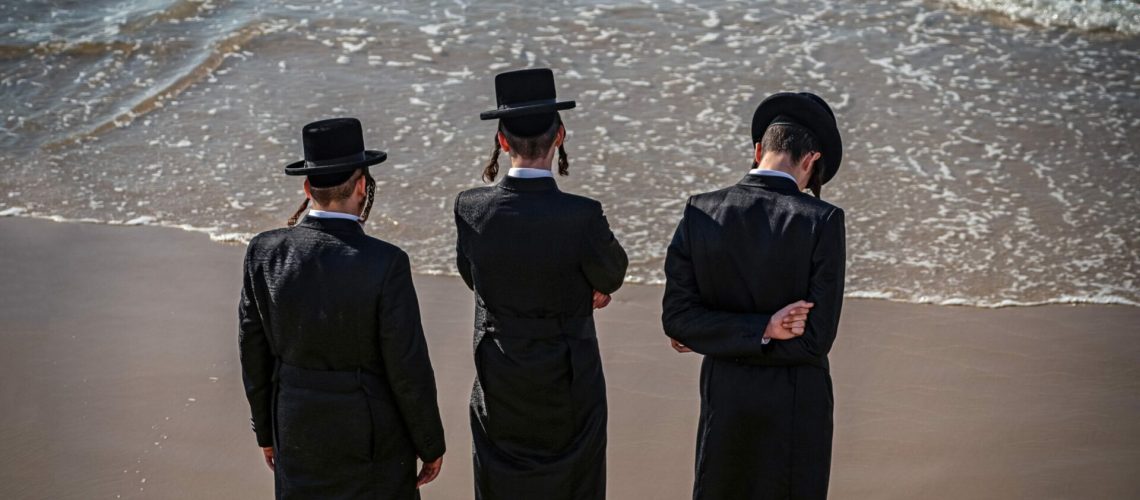Rosh Hashanah 5783
On Rosh Hashana it is written, and on Yom Kippour it is sealed.
Who will live and who will die,
who at the right time and who before,
who by floods and who by forest fires,
who by war and who by famine.
Every year these texts take on different meanings. When I think about what the predominant theme of last year was, that needs to be reflected on and fixed during these ten days of Judgement, it’s the anxiety and instability mixed with normality. I can’t say that the last year was one of crisis. There was no war here in France, no changes of government, hospitals weren’t full of Covid patients, the supermarkets had enough food on the shelves, and electricity and water flowed in our houses.
Nonetheless, I feel around me a deep anxiety about the future. I don’t think anybody here can be sure how much money will be in their bank account next Rosh Hashana. When people joked that this past summer will be the coldest of the rest of our lives, nobody laughed. We call these days, the new year and Yom Kippour, the Yamim Noraim, the terrible days, the days of fear, of awe. I like the French translation, les jours redoutables, because it reminds us that the word doubt historically meant both ‘fear’ and ‘uncertainty’.
In Hebrew too, we have an ambivalent relationship with this concept of fear. On one hand, being afraid is discouraged. God visits each of the patriarchs and tells them אל תירא. Throughout the Torah, we’re told not to fear Pharaoh, not to fear entering the promised land.
There’s an interesting midrash that parodies someone who is too scared to achieve what they actually want to do:
אָמְרוּ לֶעָצֵל רַבְּךָ בָּעִיר לֵךְ וּלְמַד תּוֹרָה מִמֶּנּוּ, וְהוּא מֵשִׁיב אוֹתָן וְאוֹמֵר לָהֶן, מִתְיָרֵא אֲנִי מִן הָאֲרִי שֶׁבַּדֶּרֶךְ, מִנַּיִן, שֶׁנֶּאֱמַר (משלי כו, יג): אָמַר עָצֵל שַׁחַל בַּדָּרֶךְ. אָמְרוּ לוֹ הֲרֵי רַבְּךָ בְּתוֹךְ הַמְדִינָה עֲמֹד וְלֵךְ אֶצְלוֹ, אָמַר לָהֶן מִתְיָרֵא אֲנִי שֶׁלֹא יְהֵא אֲרִי בְּתוֹךְ הָרְחוֹבוֹת, שֶׁנֶּאֱמַר (משלי כו, יג): אֲרִי בָּרְחֹבוֹת. אָמְרוּ לוֹ הֲרֵי הוּא דָּר אֵצֶל בֵּיתְךָ, אָמַר לָהֶן וְהָאֲרִי בַּחוּץ, שֶׁנֶּאֱמַר (משלי כב, יג): אָמַר עָצֵל אֲרִי בַּחוּץ. אָמְרוּ לוֹ בְּתוֹךְ הַבַּיִת, הֵשִׁיב לָהֶן וְאִם הוֹלֵךְ אֲנִי וּמוֹצֵא אֶת הַדֶּלֶת נָעוּל, אֲנִי מְחַזֵּר וּבָא. אָמְרוּ לוֹ פָּתוּחַ הוּא, מִנַּיִן, שֶׁנֶּאֱמַר (משלי כב, יג): הַדֶּלֶת תִּסּוֹב עַל צִירָהּ וְעָצֵל עַל מִטָּתוֹ, לַסּוֹף שֶׁלֹא הָיָה יוֹדֵעַ מַה לְּהָשִׁיב, אוֹמֵר לָהֶן, אוֹ הַדֶּלֶת פָּתוּחַ אוֹ נָעוּל, מְבַקֵּשׁ אֲנִי לִישֹׁן עוֹד מְעַט, מִנַּיִן, שֶׁנֶּאֱמַר (משלי ו, ט): עַד מָתַי עָצֵל תִּשְׁכָּב וגו’.
They said to the lazy man, “Your rabbi is in the big city, go learn Torah from him.” He answered them and said, “I am afraid of the lion on the road” …
They said to him, “Your rabbi is in town; get up and go to him.” He said to them, “I am afraid there is a lion in the streets.”
They said to him, “But he lives right next door to you.” He said to them, “But the lion is outside.”
They said to him, “Your rabbi is in this house. ” He answered them, “And if I get up and find the door locked, I will have to walk back. “
They said to him, ” But it’s open…”
In the end, when he doesn’t know what to answer, he says to them, “Whether the door is open or closed, I want to sleep a little longer…”
So many of the fears we have are imaginary lions, so many of the challenges we face are in our minds. Our fear of trying to open the door and not succeeding stops us from seeing that the door is already open. We waste so much time on unnecessary fear. Part of this Rosh Hashana season is clearing up our minds, focussing, deciding to be brave and to ignore the lions on the streets, allow some of our dreams to become reality.
And yet, fear exists. Not only exists, but is a central part of Jewish faith. Ahava and yirah, love and fear – Hassidut calls these the two wings of prayer. We often focus on the positive part, the love, and we teach our children that Jewish prayer is about being grateful, conscious, mindful, appreciating the goodness in our life.
But in order to rise, the prayers need both wings. What is the yirah, the fear that we are expected to have in our minds and bring into our prayers, in order to make them true and full and honest? Partly its fear of punishment, or as I like to call it, fear of consequences. Philosophers such as Maimonides, and more recently, Professor Yeshayahu Leibowitz, look down on this kind of thinking as immature religion. I’m not sure, I feel that if we take seriously this metaphor of Rosh Hashana as a day of judgement, it means that we affirm the importance of our existence, and the possibility that we can make mistakes that affect the world around us, and the possibility that we can change our behaviour and thus improve its consequences.
Fear of consequence is one part of yirah. Another part of yirah is almost the opposite: instead of affirming my importance, I realise my insignificance. Some people experience this when confronted by the immensity of nature, looking at mountains and seas and stars. I think of a Torah scholar I knew in Jerusalem, who among the volumes of Talmud and Halacha on his shelves, he had a children’s book about the planets. “I just like to remind myself sometimes how big it all is,” he told me.
Others experience this yirah at funerals, reminded of the fragility of their lives. It’s not fear of death or fear of anything specific, just yirah. And mixed with this is a general anxiety of the unknown, the existential angst of reflective human beings. Again, this is not the lazy fear of lions in order not to get on with our lives, it’s not anxiety about anything specific. Just an honest recognition of our place in the world.
I read recently in the newspaper an interview with a psychologist talking about climate anxiety among children. She spoke about it as a healthy response to understanding the enormity of our global situation. I don’t know exactly how to diagnose healthy and unhealthy anxiety, and there’s probably an overlap, but it seems to me that healthy anxiety is part of the mode of being that Jewish texts refer to as yirah. I’m even tempted to translate climate anxiety as yirat shamayim, the fear of heaven. In our literature , those who fear are called yerei hashem, or haredim, those who tremble. Today that word haredim has a sociological implication, of those who call themselves ultra-orthodox, who tremble at modernity. But at its root, feeling a tremble in our experience of the world seems to be the right way to be a Jew. And I wonder, what would it look like, to be a “Masorti Haredi”?
In the same text that describes Rosh Hashana as the day of decision of who will live and who will die, and how, we are given three means of averting the severity of the decision.
וּתְשׁוּבָה וּתְפִלָּה וּצְדָקָה מַעֲבִירִין אֶת רֹעַ הַגְּזֵרָה
Techouva, prayer and acts of tsedaka. I see these as the key of being a Massorti Haredi, someone with healthy anxiety and honest understanding of their place in the world.
Techouva requires making a bilan of our lives before deciding how to change. It requires knowing the exact truth. I think something this community excels in, and needs to continue, is a commitment to learning the truth from all sources possible. A commitment and a passion for study, not to create a false dichotomy between Torah study and academic study, but to learn everything available. Talmud and Mishna and Midrash and rabbinic texts, to internalise the perspective of a 3000-year old people.
And with the same intensity and passion and spirituality, read newspapers and scientific articles and watch documentaries and reflect on all of them. It is only when armed with knowledge that we can distinguish between lazy anxieties that need to be discarded, and appreciate what responsibilities we have to confront the real problems around us, in our homes, communities and world.
Tefila, prayer, requires and creates the yirah we need today. Our insistence here on inclusion of everyone in the prayer space, whoever they are, and giving everyone access to the prayers through translation and phonetics, is still considered revolutionary in France for some reason. We need to maintain and strengthen this call for inclusion. But the prayers have to be strong and honest. Prayer is a space for us to reflect on our perspectives. In admitting faults, or asking for health, stability, or whatever else we say in our silent prayers – all this reduces the ego to its proper level, reminds us of how little in our lives we control and how much we don’t. This understanding can be as powerful as looking at stars and mountains, it can come in a flash of yirah in the middle of a prayer here in Adath Shalom.
Tzedaka is important this year. We repeat often that Tzedaka isn’t the same as the Christian term charity. We don’t give because we are noble, but because justice, tsedek, demands it. Sometimes we give to others, when we can, and sometimes others give to us. The halachic ideal of giving ten percent is sadly neglected in the Jewish world today. Maybe the instinct in times of economic uncertainty is to stop giving, or give less, or wait for better days. A perspective of yirah, knowing our place in the world, should encourage us not to fall for this. The Talmud has a cryptic phrase “מלח ממון חסר” – the salt of money is its lack. Meaning, the way to preserve money, in the way that salt preserves meat, is to give some of it away. I don’t know of anyone who has become poor by helping others, and there are plenty who need our help. Thoughtful decisions about how to give and to whom creates an appreciation of the world as it is. Like prayer and knowledge, tsedaka is both a cause and a consequence of an attitude of yirah.
One more thing needs to be said about being a Masorti Haredi, living in fear. The psalms say עִבְד֣וּ אֶת־ה בְּיִרְאָ֑ה וְ֝גִ֗ילוּ בִּרְעָדָֽה , serve the Eternal with fear, tremble with joy. Having a consciousness of the terrible and enormous reality of our world is not a cause to be sad. Look at how we mark Rosh Hashana, the day of judgement. We gather together, we have big feasts, we celebrate. Understanding our place in the world, casting off unnecessary fears and accepting the reality of our situation – we can also celebrate the beauty of our world, the absurdity of our wonderful lives.
Shana tova!




